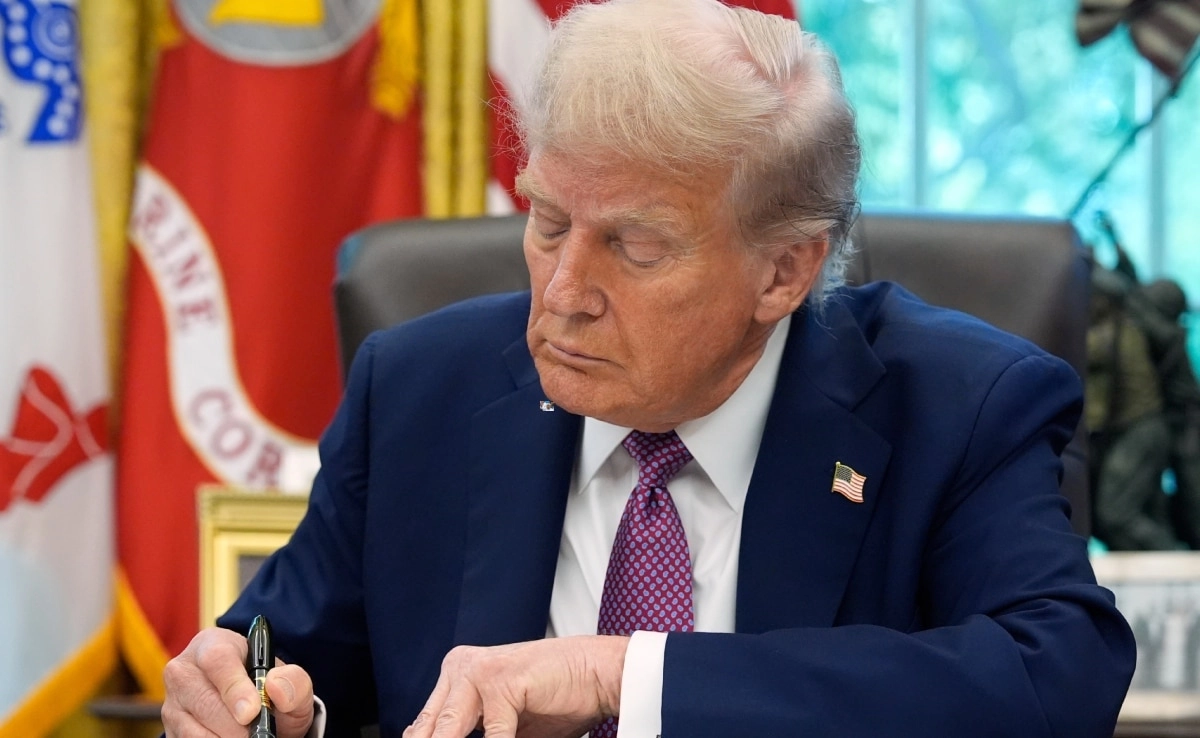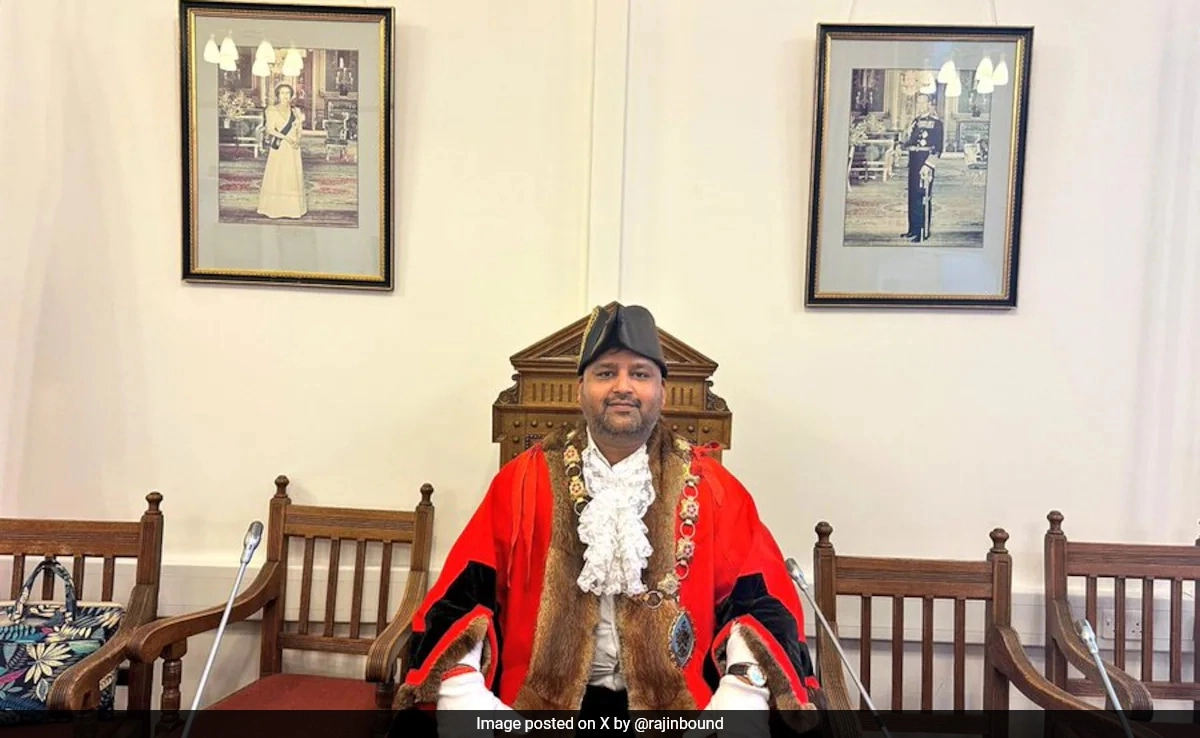Former President Donald Trump has often been accused of using his position to settle personal grievances, and recent developments suggest that this trend has not diminished since he left office. Trump’s approach to governance appears increasingly focused on personal vendettas rather than the public good. This has raised serious concerns about the integrity of governmental institutions and the potential for misuse of power. Reports indicate that Trump has sought to leverage the machinery of government to target individuals and groups he perceives as adversaries, a move that blurs the lines between personal animus and public service.
One notable example of this behavior is Trump’s ongoing legal battles, which many view as an extension of his vendettas against those who have opposed him. His attempts to influence investigations and judicial proceedings reflect a troubling pattern of using governmental authority as a tool for retribution. This strategy not only undermines the rule of law but also sets a dangerous precedent for future leaders. The implications are vast; if personal grievances can dictate the actions of the government, the very foundation of democracy is at risk.
Moreover, Trump’s actions have sparked a broader conversation about the politicization of government agencies. By attempting to weaponize these institutions, he is fostering an environment of fear and intimidation among public servants who may resist his directives. This atmosphere not only affects those directly involved but also reverberates throughout the political landscape, creating a chilling effect on dissent and accountability. As such, the ramifications of his behavior extend far beyond individual cases, potentially eroding the public’s trust in the government as an impartial entity.
In conclusion, Trump’s strategy of weaponizing the government to settle personal scores raises critical ethical questions about the responsibilities of elected officials. The potential for abuse of power in this context poses a significant threat to democratic norms and principles. It is essential for the public and lawmakers alike to remain vigilant against such tactics, ensuring that governance is conducted with integrity and a commitment to serving the greater good, rather than personal grievances. The ongoing struggle to uphold these values will be crucial in safeguarding the democratic process for future generations.




